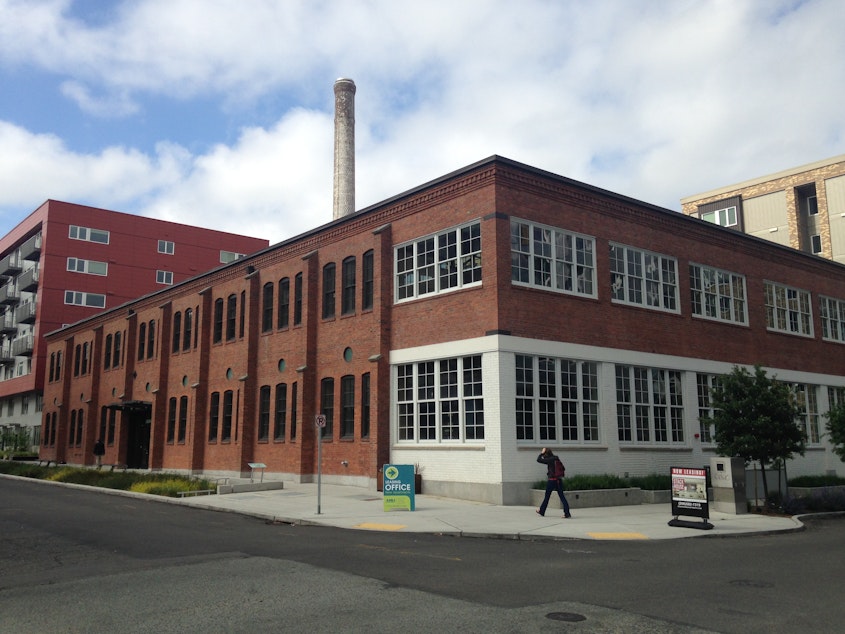Seattle's new budget takes step to improve housing affordability

This week the Seattle City Council and Mayor Ed Murray passed a budget package for the next two years. With it, council members hope to take on one of the city's biggest problems: housing affordability.
What to do about the high cost of housing kept council members talking for two months as they worked to pass a new city budget.
Councilmember Kshama Sawant called for building 1,000 affordable homes, using money that's proposed for a new police station. In the end, that idea didn't get support. Plans for the police precinct are still on the table.
Instead, Councilmember Lisa Herbold ushered through an alternative plan. It will pay for building 500 affordable housing units using bonds.
Herbold: "Realizing that we need to build today to meet the existing need, but that building today is less expensive than building at future cost."
Sawant expressed support for Herbold's housing plan. But, she critiqued the budget as a whole and voted no. She was the lone "no" out of the nine council members.
Sawant: "This year's budget, like last year's, fails to seriously prioritize ending homelessness. This year's budget, just like last year's, fails to seriously prioritize the housing affordability crisis."
The median rent for a one-bedroom in Seattle was about $1,800 in September, according to Zillow.
Seattle's new budget also puts aside money for:
- about 70 new police officers over two years;
- 24/7 access to storage lockers for homeless people;
- doubling the size of the Office of Labor Standards, which enforces labor laws like the minimum wage;
- $300,000 over two years to help legal, permanent residents become U.S. citizens;
- paying for the Pronto bike share program for a few more months, then shutting it down.
The $5.3 billion budget package represents about a 5.5 percent increase from the previous year.

